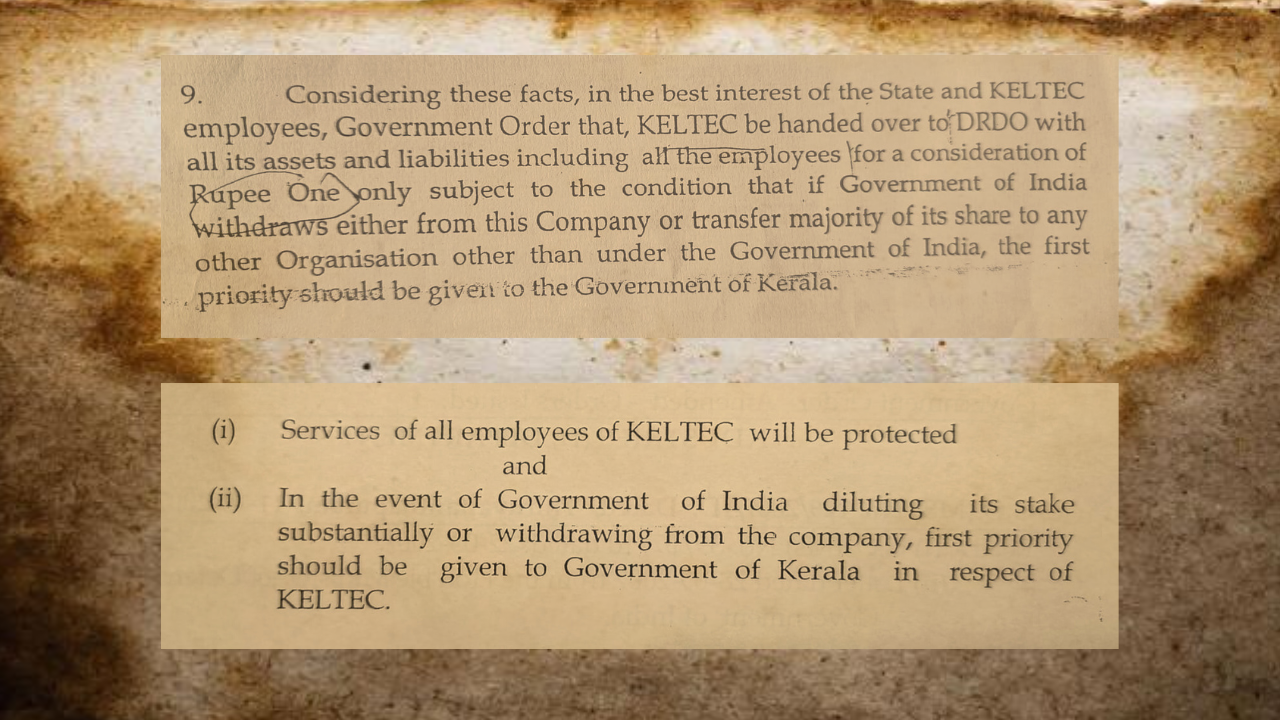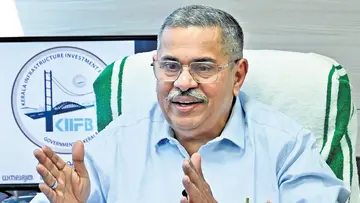Kerala
Restructuring of BATL Raises Privatization Concerns

Anusha Paul
Published on Jul 04, 2025, 08:26 PM | 5 min read
The future of BrahMos Aerospace Thiruvananthapuram Ltd (BATL)—a strategic defense production facility in Kerala—has come under a cloud of uncertainty amid reports that the central government is considering restructuring the unit into an autonomous society under the Defence Research and Development Organisation (DRDO). The move, if confirmed, could result in the detachment of BATL from its parent body, BrahMos Aerospace Pvt. Ltd., and has reignited fears of creeping privatisation in India’s defence manufacturing sector.
Employee unions have strongly objected to attempts to weaken public control, jeopardise job security, and undermine Kerala’s strategic role in decentralised defence production. BATL is the only facility in India manufacturing the Small Turbine Fan Engine (STFE). In addition, it supplies high-precision components to premier national organisations such as ISRO, BARC, GTRI, and the Kalpakkam nuclear plant. Its strategic relevance has further intensified after the successful execution of Operation Sindoor, India’s first overseas deployment of BrahMos missiles in active defence cooperation.
The reported restructuring plan would convert BATL into an autonomous society under DRDO, potentially paving the way for private sector influence. Employee unions argue that this could facilitate politically driven appointments through a new governing board, reduce transparency, and eventually lead to disinvestment or corporate control.
“We are witnessing the defense sector being steadily pushed towards privatisation. Just look at the corporatization of ordnance factories—it was a stepping stone. This move concerning BATL seems to be part of that broader agenda,” said Balakrishnan, Vice President of the All India Defence Employees Federation (AIDEF).
Adding to these fears, employees warn that delinking BATL from the BrahMos Aerospace joint venture might force the facility to share profits with Russia—even though Russia has no direct stake or financial investment in the Thiruvananthapuram unit.
What has particularly angered stakeholders is the complete absence of consultation with the Kerala government, which played a central role in establishing BATL. In 2007, the state transferred its then-public sector unit, Kerala hi-tech industries Ltd(Keltec), to BrahMos Aerospace Pvt. Ltd. for a symbolic sum of R. 1. The handover included 15.8 acres of land, a 100,000 sq. ft. facility, high-tech machinery, and a Rs. 7 crore bank balance. The state government had envisioned BATL as a long-term strategic investment to secure Kerala’s place in India’s defence production landscape. Importantly, the transfer was governed by a key condition:
“If the Government of India withdraws either from this company or transfers the majority of its share to any other organisation other than under the Government of India, the first priority should be given to the Government of Kerala.”
Union leaders are now urging the state to invoke this clause if the restructuring proceeds without proper safeguards.

Despite being a profitable and high-performing facility—reporting Rs. 24.5 crore in net profit in the last financial year—BATL has not made permanent appointments in recent years. The current workforce includes around 250 permanent staff and more than 750 contract workers, most engaged on fixed-term contracts. Unions fear that restructuring could make job conditions even more precarious.
The BrahMos Aerospace Staff Union (affiliated with CITU) has clarified that while they are not opposed to BATL being brought directly under DRDO, they insist that employees must be granted the same benefits and protections as central government staff, including standardised pay scales, pensions, and healthcare. Currently, BATL operates under a different compensation framework, competing for tenders with private firms.
The proposal to restructure BATL also appears to be part of a larger trend of organisational changes within DRDO itself. Over the past two years, the central government has pushed for reforms in the name of enhancing efficiency and private sector participation in defence R&D and production. Several DRDO laboratories and units have been merged, closed, or converted into autonomous societies in recent restructuring efforts. These moves have only ended up in lack of transparency, erosion of job protections, and creeping privatization.
In response to the developments, union representatives have submitted memorandum to Chief Minister Pinarayi Vijayan and Labour Minister V. Sivankutty, urging the Kerala government to intervene immediately. They have demanded urgent talks with the Ministry of Defence and BrahMos Aerospace Pvt. Ltd. to seek clarity on the Centre’s intentions and secure assurances about employee welfare and continued operations.
Union leaders emphasise that the issue extends beyond just employment—it strikes at the heart of India’s defence sovereignty and the equitable distribution of strategic assets across states. So far, there has been no official statement from the Ministry of Defence or other central authorities. However, given the escalating concern across Kerala’s political and industrial landscape, the issue is expected to feature prominently in upcoming discussions between state and central stakeholders.
With over 1,000 skilled workers, a record of strategic contribution, and its central role in India's missile defence infrastructure, BATL stands at a critical crossroads. Both the workforce and Kerala’s leadership should urge the Centre to reconsider any move that may compromise the autonomy, stability, and strategic significance of one of southern India’s most vital defense facilities.










0 comments